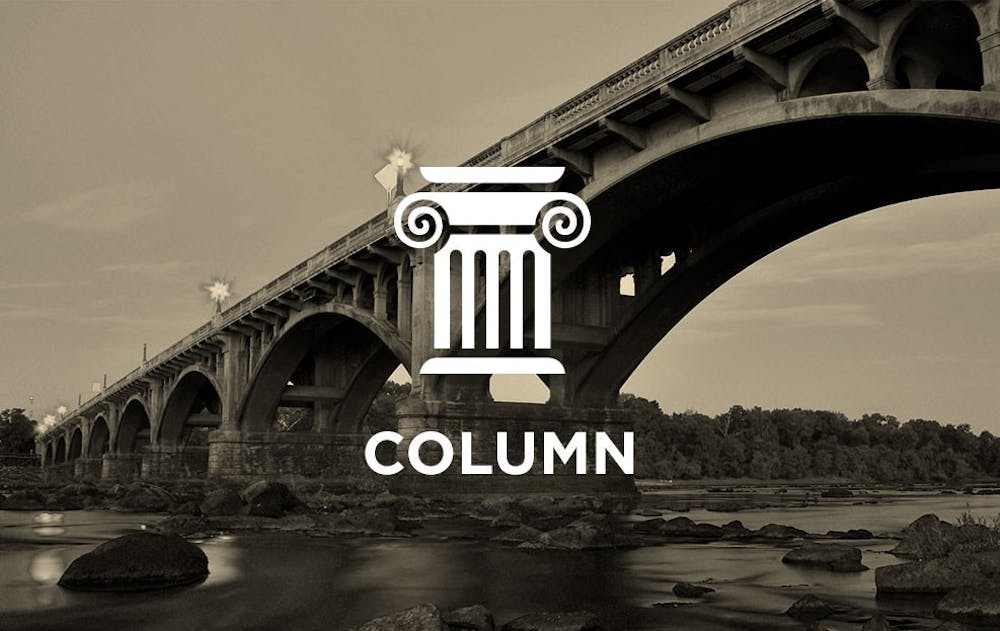Saudi Arabia is one of our biggest Muslim allies, despite its duality between religious extremism and a realpolitik approach to foreign policy. They have led a UN human rights panel while being one of the most repressive nations on Earth. They fall in line politically with the United States while sowing Wahhabism, an extreme literal interpretation of the Quran, domestically and abroad.
In a more recent turn of events, Saudi Arabia has pledged to dump American assets held by the kingdom if Congress moves forward on a bipartisan bill that allows the Saudis to be held legally culpable in U.S. courts for their actions surrounding 9/11. This bill must move forward, even in the face of Saudi economic threats, as the truth and responsibility for the deaths of 2,977 Americans are much more important than the ire of a disloyal and dishonest ally.
The bill, S. 2040: Justice Against Sponsors of Terrorism Act, would remove the immunity foreign nations are provided in U.S. courts if it can be proved they are responsible for attacks that result in “physical injury or death, or damage to or loss of property” of Americans on United States soil. This would allow the families of victims, among others, to obtain justice and compensation for their loss. Furthermore, this bill would apply more pressure on Congress and the White House to release the censored 28 pages related to the Saudi’s role, or the role of particular Saudi government officials, in 9/11.
As for the Saudi threats of economic retaliation, we may have little to worry about. Should the Saudis make good on their threats, the kingdom might find itself in a perilous economic situation. A massive sale of U.S. assets would destabilize the dollar, but would bring economic ruin to the Saudi economy, as the riyal is tied to the dollar. With the Saudi economy already in dire straits due to the collapsed price of oil, shooting us in the foot might as well be shooting themselves in the head.
The primary criticism of the bill lies with the threat that other nations could pass legislation opening up the United States to similar loss of immunity; however, this view neglects the narrow nature of the bill. The bill only applies if it can be proven a foreign government was responsible for an attack on U.S. soil. Therefore, reprisal legislation from other countries would likely be similarly narrow in scope. To add to this, legislation of this type, U.S. or otherwise, seems like a prudent move forward that would allow many countries to hold state sponsors of terrorism, such as Saudi Arabia and Iran, responsible for their covert actions.
If the Saudis did play a role in the success of the 9/11 attacks, their status as a U.S. ally matters little. What matters is truth of whether the deaths of Americans on American soil were enabled by a foreign entity. To find this truth, pressure must be placed on the White House for full disclosure of their knowledge of the Saudi role in the attacks. This pressure can only be realized with the possibility of bringing justice to the victims, the central goal of this bill.
We have a moral obligation to hold responsible those who enabled these attacks, because if we let them go without punishment, we make clear that American lives matter less than the warped and crooked relationship we share with the belligerent kingdom. Justice is not justice without truth, and we will not have truth until the possibility of due process becomes a reality.

